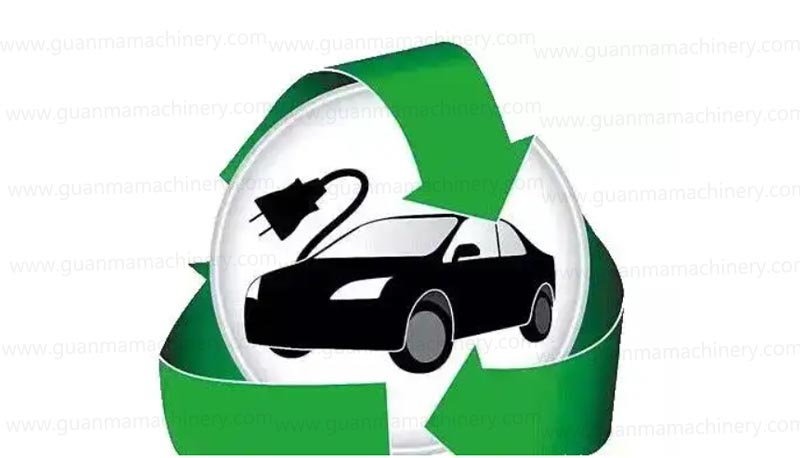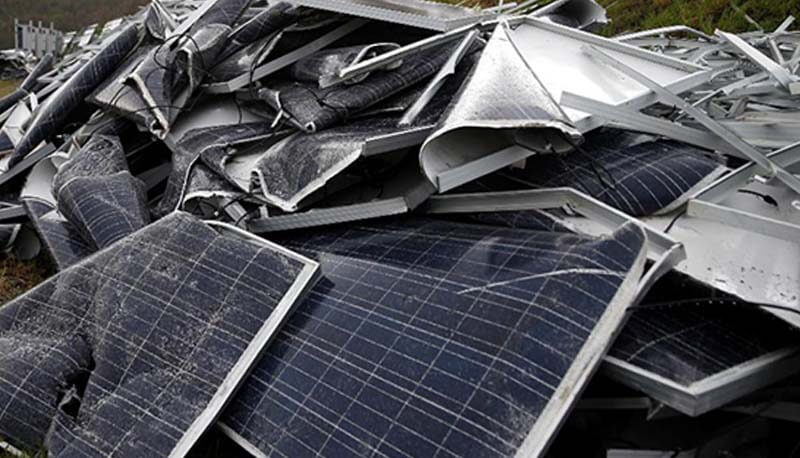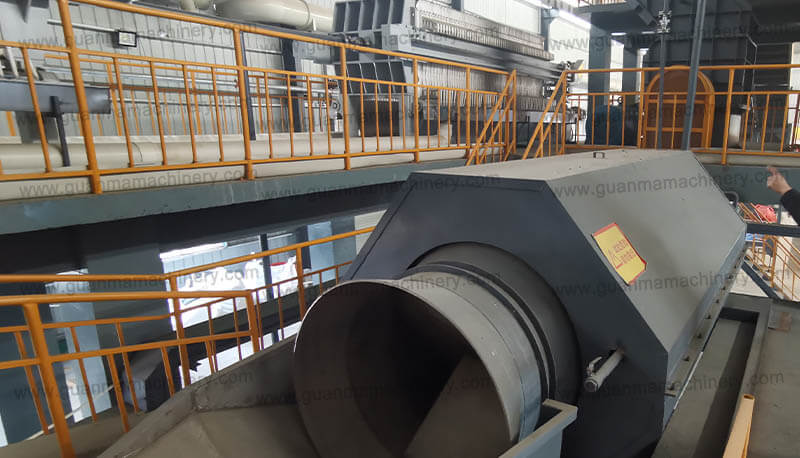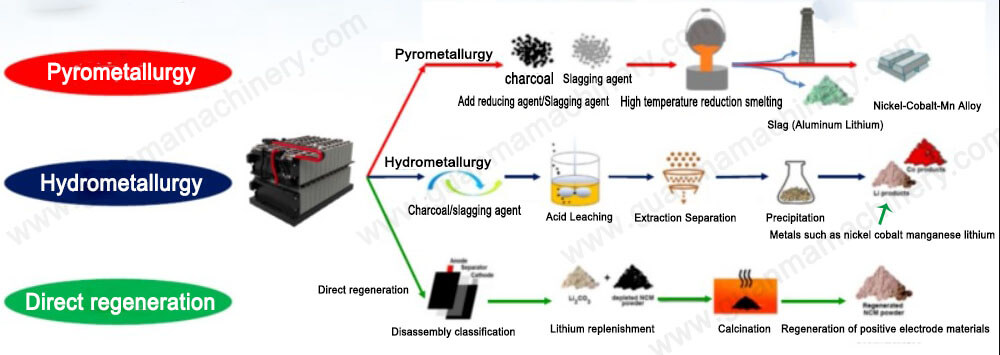When considering how do you purify precious metals, the answer lies in a complex yet fascinating process known as precious metal refining. At the heart of this procedure are precious metal refining services provided by specialized companies that have mastered the art of recovering and purifying metals such as gold, silver, platinum, and others from various sources. This article delves into the intricacies of the refining process and highlights the importance of choosing reputable precious metal refining companies for your recycling needs.
The Importance of Precious Metal Refining
Precious metals are indispensable in numerous applications, from jewelry making to electronics and industrial catalysts. Over time, these metals can become contaminated or mixed with other elements, necessitating precious metal refining to restore their purity and usability. By utilizing advanced precious metal refining services, businesses and individuals can ensure that their precious metals are recovered and repurposed efficiently.
Understanding the Precious Metal Refining Process
The precious metal refining process begins with the collection of materials rich in precious metals. These can come from diverse sources, including by-products from other non-ferrous industries (such as drosses, mattes, speiss, and anode slimes), consumer and industrial recyclable products (like electronic scrap, spent auto catalysts, spent industrial catalysts, sweeps, and bullions). Once collected, these materials undergo a series of treatments designed to separate the precious metals from impurities.
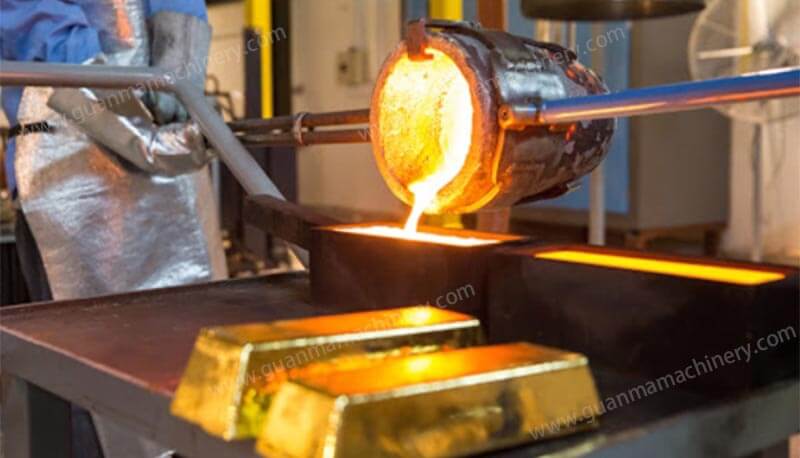
Step 1: Pre-Treatment
The first stage involves pre-treatment, where the materials are prepared for further processing. This may include sorting, shredding, and sometimes even preliminary melting to facilitate the next steps.
Step 2: Leaching
During the leaching phase, the materials are exposed to chemicals that dissolve the precious metals, allowing them to be separated from other components. This step is crucial for achieving a high level of purity.
Step 3: Purification
After leaching, the precious metals are purified using various techniques such as electrolysis or chemical precipitation. These methods help to remove any remaining impurities, ensuring that the final product is of the highest quality.
Step 4: Final Product
The last stage involves the solidification of the purified metals, which are then made available for sale or reuse in new applications.
At the forefront of precious metal refining services are companies committed to eco-efficiency. These organizations employ sustainable practices throughout the refining process, minimizing environmental impact while maximizing resource recovery. They recover and sell precious metals (including silver, gold, platinum, palladium, rhodium, iridium, and ruthenium), minor metals (such as indium, selenium, tellurium, antimony, tin, and bismuth), and base metals (like lead, copper, and nickel). By putting these materials back into circulation, they contribute to a more sustainable future.
Finding Precious Metal Refining Near Me
For those seeking precious metal refining near me, it is essential to choose a service provider that adheres to the highest standards of quality and environmental responsibility. Whether you are a small business looking to refine a limited amount of precious metal waste or a large corporation requiring extensive refining capabilities, partnering with a reputable company will ensure that your materials are handled professionally and ethically.
In conclusion, precious metal refining is a vital process that not only recovers valuable resources but also promotes sustainability. By opting for precious metal refining services from trusted companies, you can contribute to a circular economy where precious metals are continuously reused.

